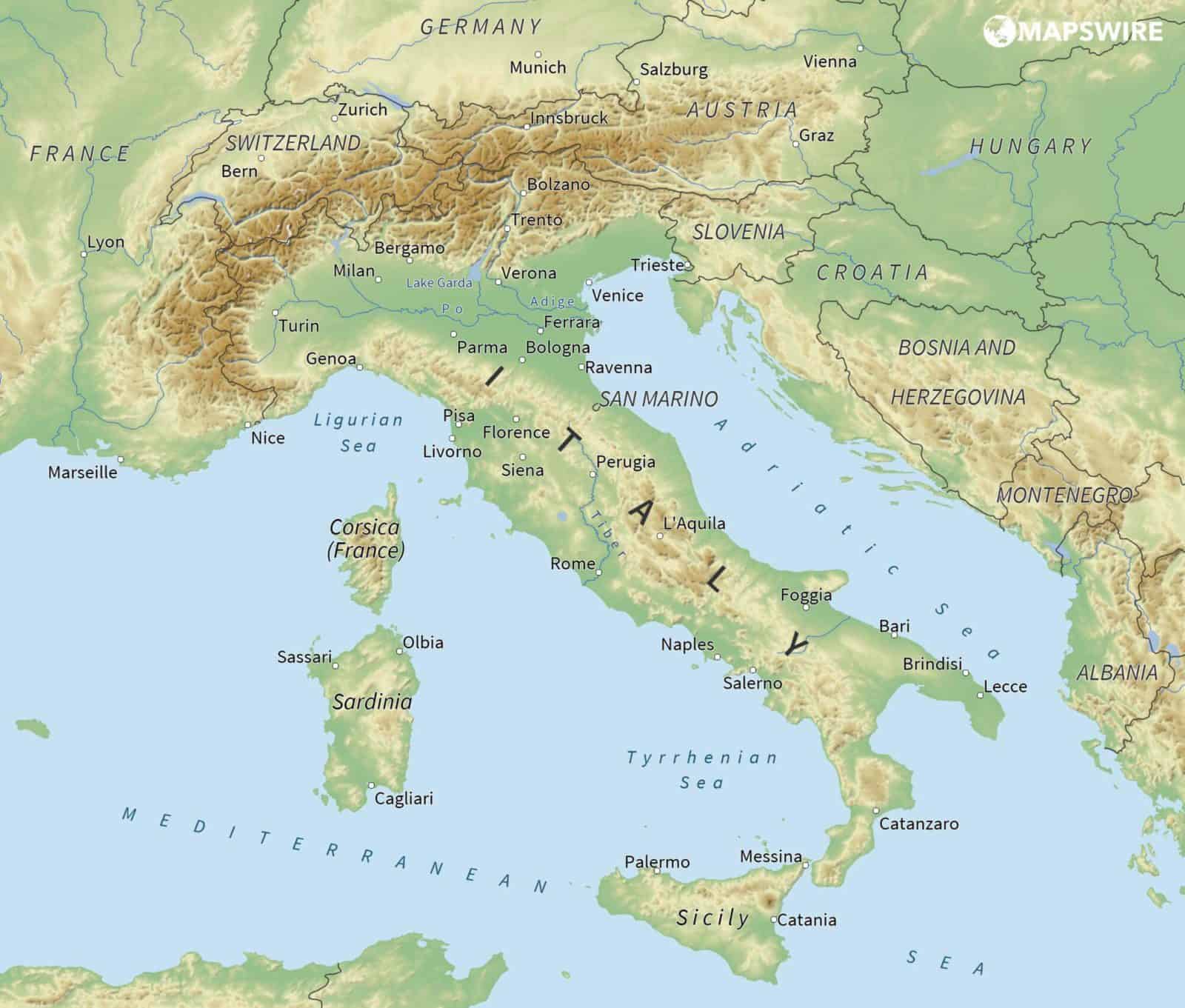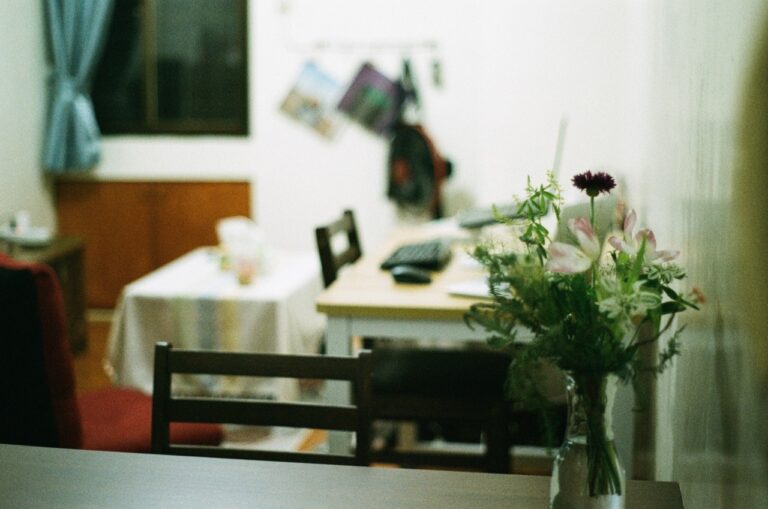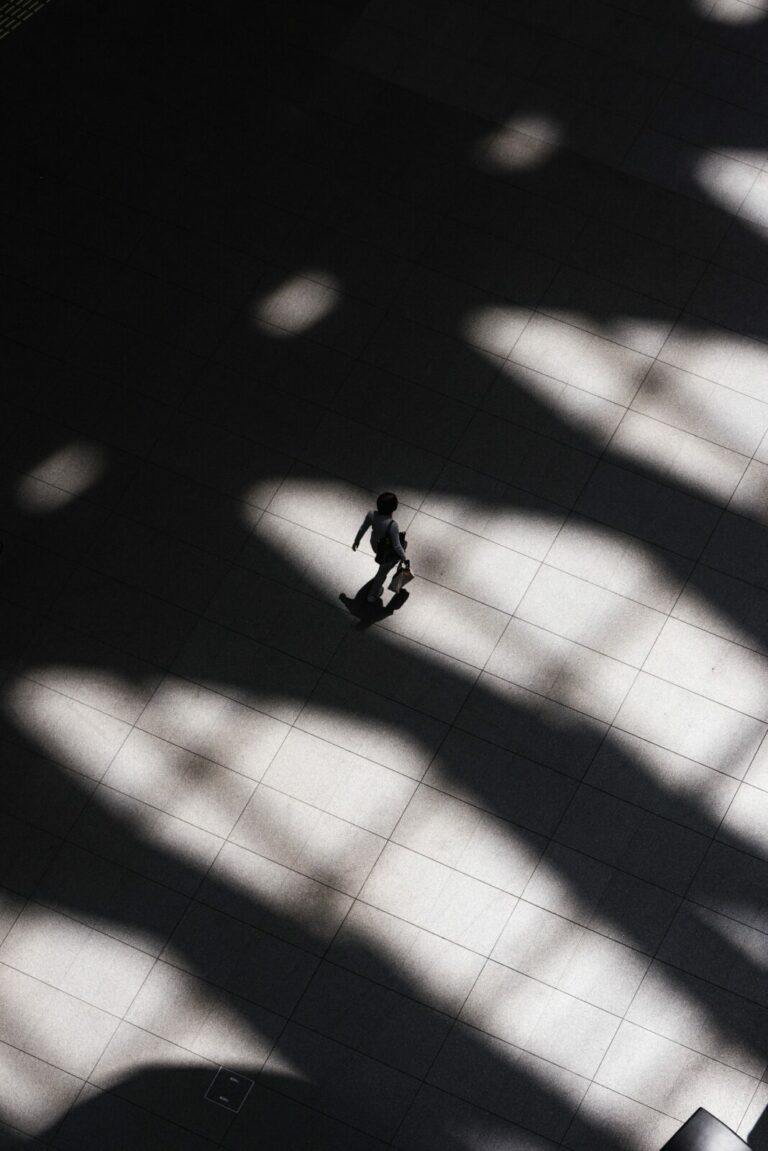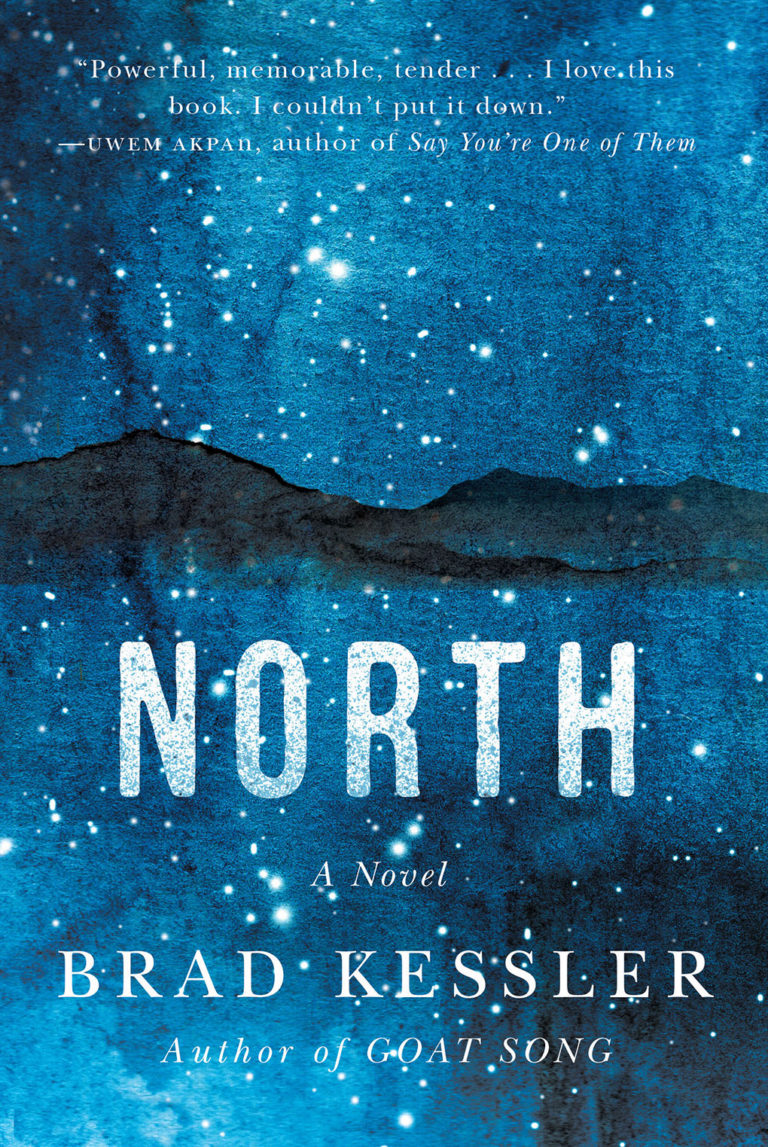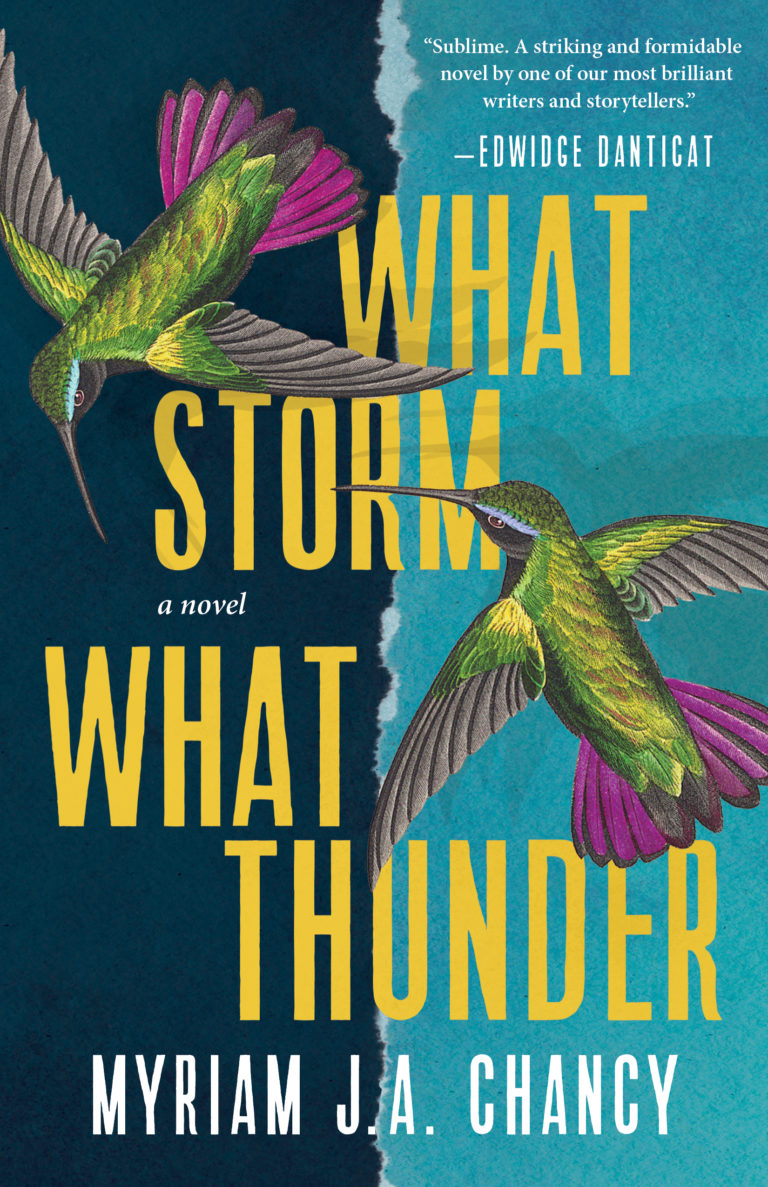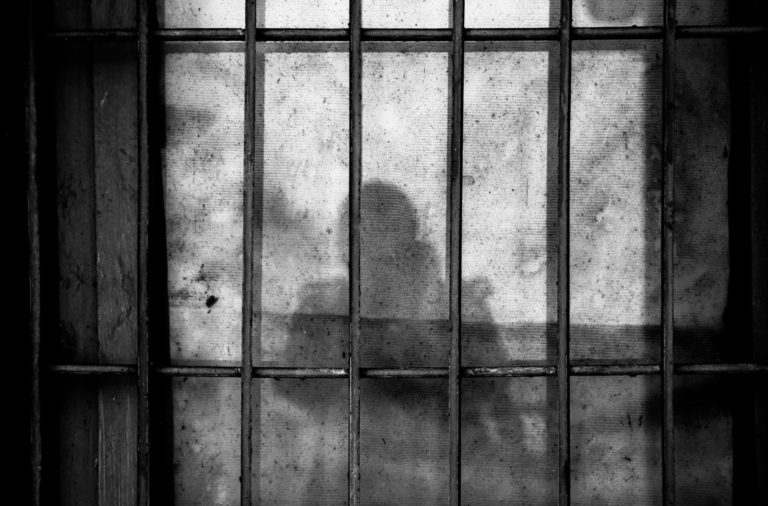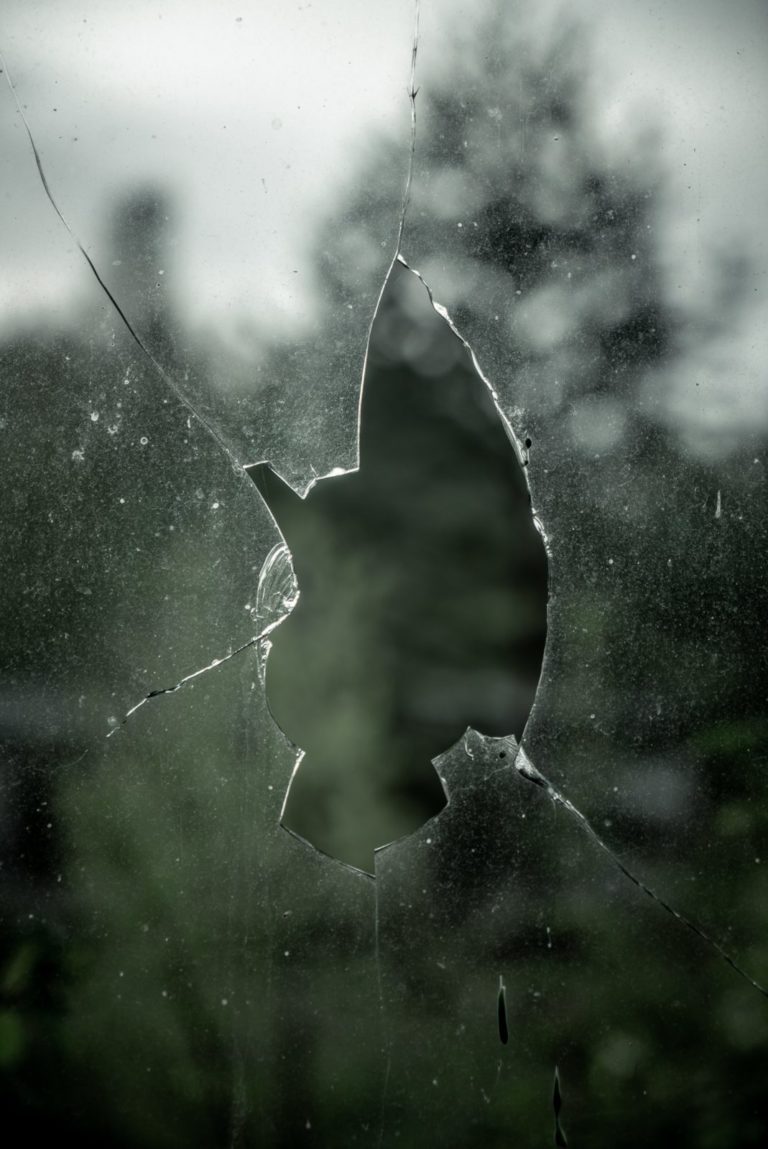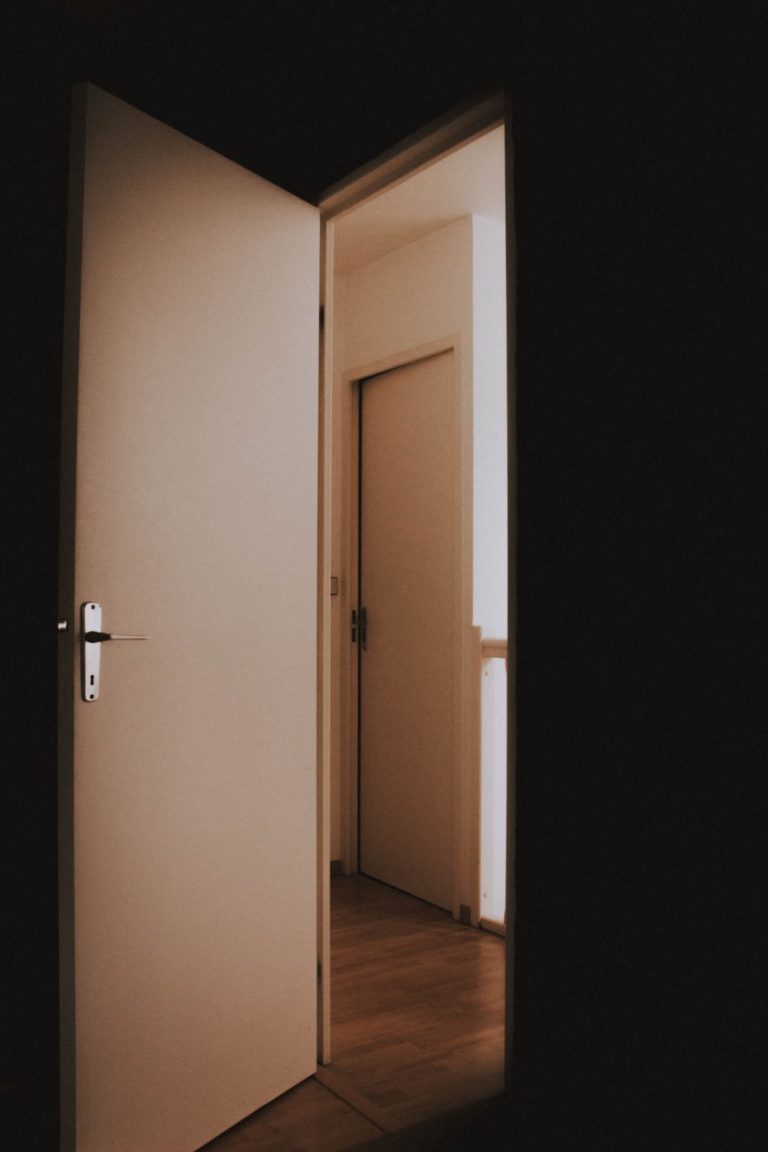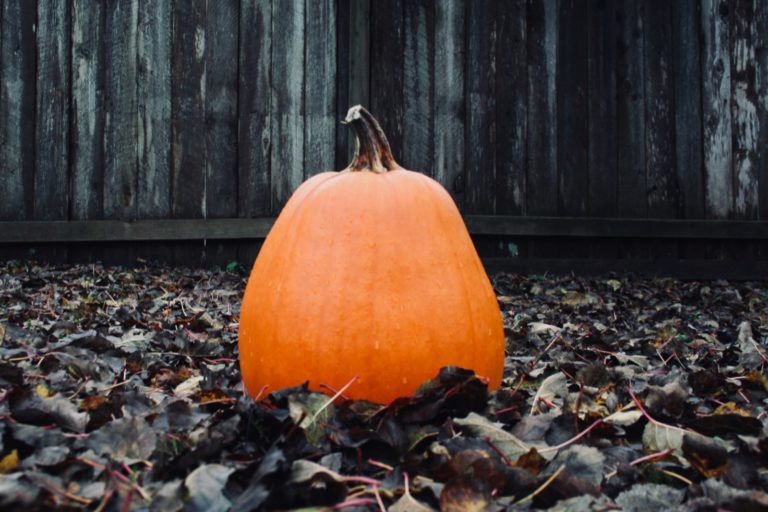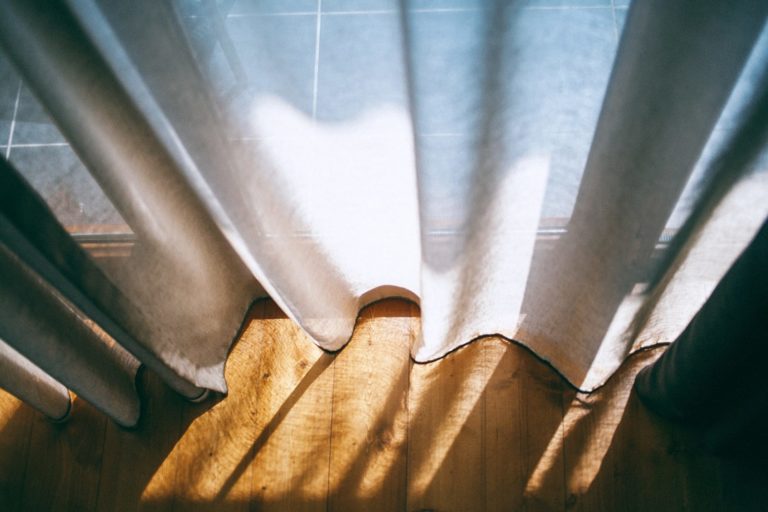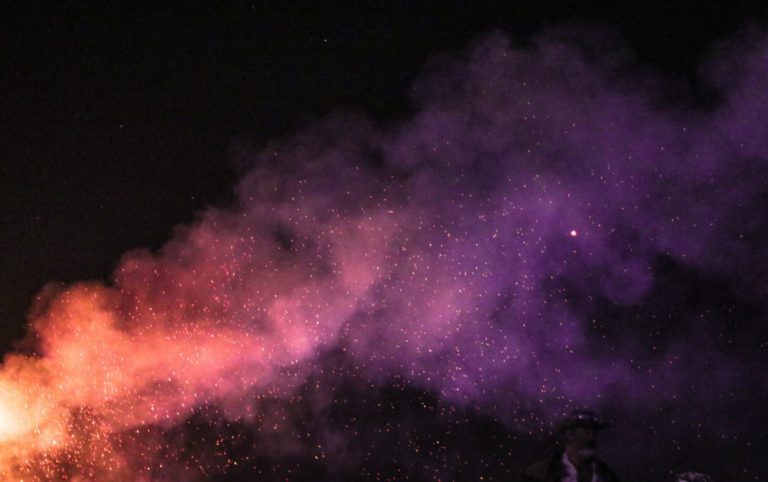They enter the gallery, which is a round hall. A rotunda but without the dome. In the middle there’s a courtyard with benches and potted plants and a bubbling fountain filled with coins. Maddy finds this quaint. That in the center of New York City people make wishes. They throw coins into a fountain. This isn’t Lourdes, after all. Or even Rome. Yet the fountain is filled with pennies and dimes. “What do you suppose they wish for?” she asks as they inch their way closer to the first painting—a triptych by Fra Angelico.
Joe shrugs. “Oh, the usual I guess. Children, love, health, money, fame.” Joe rattles them off, counting on his fingers.
Maddy laughs. “Well, that about covers it,” she says.
Although her knee injury will keep her off the slopes for a while, Maddy has all the things she needs. Or most of them, anyway. Well, maybe a few are missing, but really? What more would she ask for, she wonders as Joe nudges her along. They gaze at the faces of the Virgin, the draped gowns of the onlookers who gape at her. “Look at those reds,” Maddy says.
“And the expressions,” Joe replies.
“What about them?”
“Wasn’t that the thing about the Renaissance?” he goes on. “The faces began to show emotion.”
Maddy searches for a trace of feeling. “I suppose that’s true.” She pauses. She tries to see what he sees, but Joe is somehow better at this. Maddy is never entirely sure of what is expected of her when she stands in front of a painting. She knows how to read a service article or a marketing report. She is, after all, executive editor ofFemme. She knows how to watch a movie or the evening news. She can watch disasters unfold. But this standing still. This gazing in. It’s not really in her DNA. What is she supposed to do, exactly?
As she moves on to the second panel of the triptych, an elderly woman taps her arm. “Excuse me,” the woman, clutching a small purse, whispers, “but do you know where the ladies room is?” Maddy has no idea. The circular gallery is disorienting, but she looks around. “It’s down that way,” Maddy points.
Sensing the old woman’s confusion, Maddy takes her by the arm. “Here,” she says, “I’ll show you.” She wonders why the woman chose her and not one of the guards for directions. Perhaps she felt more comfortable asking a woman. Perhaps Maddy looks like the kind of person who would know. Not that she really knows, but she just follows the signs and leads the woman down the corridor where the grateful woman squeezes her hand. “That was very kind of you,” the woman says.
As Maddy heads back in search of Joe, the gallery seems more crowded. People are packed two, three deep before each painting. It wasn’t like this five minutes ago. She’s scanning the room in search of the tall, slightly balding head that is her husband’s when she notices a man in a tweed coat with a shock of black hair. It is more a glimpse, really, than an actual sighting. The way you think you see an animal scurrying along the floor when it is only a shadow. He is trim, with youthful features, and, as she catches his eye, he seems about to smile. There is something unpleasant about him. Or the memory of him, and her mood shifts as she hurries by.
Joe is still staring at the triptych where she left him. His eyes have not left the gold of the angel’s wings. “They say his gift was sincerity,” he says as Maddy slips her fingers through his arm, and he wraps his fingers around hers like the gears of a well-oiled machine. They are a perfect fit.
“What?” she replies.
“Fra Angelico. People loved him for his sincerity.”“Why are there so many ‘fras?'” she asks.
Joe laughs. “Oh, I think the monks had a lot of time on their hands.” He strokes her arm without looking her way. “So you did your good deed?”
Maddy, having already forgotten the old woman, looks oddly at Joe. She wants to tell him about the man. Who was he? Or whom did he remind her of? “Good deed?” Then she remembers and sighs. “The poor thing. She was lost.”
“I read that he wept when he painted these.” Joe motions to the angel wings as Maddy looks around, trying to decide if that man is nearby. He does remind her of someone and, as she tries to take in the second panel, she realizes he looks like Carl. Carl Biernbaum. Grace’s husband. Not exactly the person she wants to run into today. It probably isn’t him, anyway. Just someone who reminds her of Carl. She’s at that stage in life when everyone looks like someone she used to know. Still, Carl and Grace are the last people she wants to think about today.
“I’m not sure I’d like it,” she says, “to always paint the same thing.”
“Same thing?”
“You know, Madonna and Child. Jesus on the Cross.” She sighs. “All that suffering. Over and over again.”
“I guess so,” Joe shrugs. “But they’re each different, aren’t they? In their own way?” He looks back at the triptych.
“Dear,” she says, seeing that he is going to stay in front of this painting for a while. “I’m going to push on. I’ll just be following the circle.” And with a squeeze of the hand, she leaves Joe where he’s standing. Slipping through the throngs, she moves to the other side of the gallery. Looking back a moment later, she can’t even see where Joe is standing. She has grown unsure of herself in this space. It is confusing as if she’s in a maze. The old woman was right. Do you go from wall to wall or just continue around?
It seems as if there are fewer people on the other side, so she zigzags across the gallery where, on the opposite wall, she peers at a sullen-faced Madonna painted on wood and the baby in her lap, who appears startled, as if woken from a nap. An angel hovers in the sky. On the wall she reads a quote from the Holy Writ: “And the angel came in unto her, and said, Hail, Mary, full of grace, the Lord is with thee; blessed art thou among women.” As she is reading, she catches a glimpse of him again. It takes a moment, but this time she knows that it’s Carl. She hopes he hasn’t seen her, or that he isn’t sure if it is she. He glances her way, and Maddy tries to decide if he is gazing at a painting or at her. She turns away and when she looks back, Carl is gone.
She moves across the hall again, passing more Madonnas and child, more passions and saints, and Jesus on the cross until she finds herself before a painting of an angel with blue-and-gold flecked wings. The colors are pretty, so she pauses, looking past the angel to view the trees rising in the background. The nine columns that recede into darkness. Looking at the wall, Maddy sees that this is one of the paintings attributed to Fra Uccello—a hermit who spent his life on three or four paintings. Three or four paintings, Maddy thinks. He used brushes made from a single hair of a squirrel’s tail.
The Virgin wears a plain blue dress and there is a pause in her face as she looks up from the book she is reading. A kneeling Gabriel bends forward to inform her of his secret. Maddy looks at the Virgin’s face—the slightly puzzled look as she tries to make sense of what the angel is saying, the deference in Gabriel’s eyes as they demur to each other. It is as if he really is telling her something and she is listening.
“So,” she hears a voice say, “it is you.”
Turning, she sees that Carl is standing beside her. “Yes?” she looks up, pretending not to recognize him.
“It is me. Carl.” He waits for her to say something. “Maddy, how are you?”
“Oh, Carl. We’re fine.”
“I thought it was you,” she hears him say. “I saw you across the room, but I wasn’t sure…It’s been so long. I’m so glad to see you.” She says nothing, so he goes on. “Is Joe here?”
Her eyes scan the room for Joe. “Oh, yes, he’s somewhere. You know Joe. One painting at a time.”
Not knowing what else to do, they both gaze at the Annunciation. “It is beautiful, isn’t it?” Carl says. “It has only recently been attributed to Fra Uccello.”
“We’re going to Florence this summer,” Maddy says as if she needs to explain why she’s here.
“So you’re brushing up on your Florentines?” He laughs. She remembers his laugh. “Well, it’s been a long time,” Carl says. “It’s good to see you.” She can tell he is nervous because he’s repeating himself. And he seems almost sincere so Maddy nods, smiling.
But it is really not good to see him. Not at all. “Yes, it has been a while.” It’s been, what, ten, twelve years since they last spoke. Since they’ve seen each other up close, face to face, except for a few brief sightings at concerts or the ballet. They had had seats near one another for years at the Met, for The Nutcracker. She doesn’t want to think about all the things they had once done together, how close they’d been when their boys were small. Carl glances at his watch. “Grace should be here soon.”
Maddy smiles, her lips tight. “We have to be somewhere,” she replies and he nods, as if he understands what she cannot say, as they both look back at the painting. She’d met Grace at their first publishing jobs, right after college. They were both starting out, though Grace had gone on to an illustrious career and her own imprint, Grace Corcoran Books (she’d never used her married name), while Maddy stayed with magazines. They met their husbands at the same time. They lived not far from each other on the West Side. They had their sons only a year apart. Almost every weekend they met to walk their children in the park.
What more could you ask for in a friendship? They were all best of friends. The six of them did everything together. Concert series, summers in Vermont. There was hardly a Sunday when there wasn’t a dinner, a week when there wasn’t a phone call from Grace, asking her to pick up Jimmy, or she’d call and ask her to pick up Chris. Every birthday, every holiday, they celebrated together.
Then one day it stopped. It was around the time of Jimmy’s seventh birthday when normally he would have his party. So when no invitation came, Maddy called. And when Grace didn’t answer or phone her back, Maddy had phoned again, even calling at odd times like late at night. “Could they be away?” she’d asked Joe, but they’d never gone away without telling her before. So she’d written. “Are you all right? Is anything wrong?” She sent a gift to Jimmy for his birthday. But she never got a thank you note. Not a word.
For weeks Maddy wondered if she’d done something to offend Grace. Was it the cursory remark she’d made about Jimmy’s weight at a kid’s concert in the fall? Really a question more than a comment. “He’s gotten big, hasn’t he?” Not the nicest thing to say, but not the worst, either. Or was it that she had briefly, just at one cocktail party, flirted with Carl—hardly even a flirtation, but, yes, she’d been coquettish with him. She’d made some stupid, drunken remark. Did that get back to Grace?
Night after night she stayed up, parsing every word she’d said. Pondering every gesture. She’d written again. A chatty note. (“Aren’t we a little old to be dropping each other?”) And then finally she had carefully crafted a letter—a pleading one. “If something is wrong, please share it with me. And if it’s something I’ve done, please tell me…” Begging Grace to share with her what had happened to her. Or what insult, what mistake Maddy could have made that had led to this rift, but Grace never returned those phone calls or replied to the gift or answered her letter.
“I’d love to see Joe,” Carl says, his dark eyes beaming. He still has his boyish grin.
Maddy nods, her eyes scanning the room for Joe, who sees her now and, with his slightly lumbering stride, is coming over with an outstretched hand. “Carl,” Joe says, “it’s good to see you.” They shake hands, then Joe puts a hand on Carl’s shoulder.
A ripple of anger, almost disgust courses through Maddy. Is it good to see him? On their outing, their first Saturday out together in God knows how long? Why is it good to see him? It is so New York, isn’t it, this disingenuous lie.
“Well, I’m glad you said hello.” Maddy listens to the words oozing from her husband’s mouth. As if he has no idea how she has suffered, what she’s been through. As if those long nights when she didn’t sleep, as she ran over and over in her mind all the things she might have said or done, and he’d stayed up with her, as if she herself were a baby, and talked her through each and every possibility until they had exhausted not only all the possibilities, but themselves as well.
And Joe had tried. “Don’t you think it could be her problem? Whatever it is.”
And Maddy sat up in bed, trying to figure it out. How many times can you call a friend? Write a friend? Can you just show up on a doorstep? Just to see what’s wrong.
“I’m sure it’s something I did or said. Or maybe…” But Maddy never was quite able to finish that sentence. “Maybe it’s just me,” is what she would have said. Or, “Maybe it’s us.”
“My God, Carl,” he says, “it’s been a while.”
Carl nods. He has those fine lines to his face. He has grayed, it’s true, but he is still a handsome if slightly nervous man. “Yes, it has been.” Carl sighs, his hands resting on their arms. “I’ve regretted it, really. We’ve let too much time pass.”
“Yes,” Maddy sighs as well, wanting to get away. “More than a decade is a long time…” The men look at her, not sure what to say to that.
“It’s a wonderful exhibit, isn’t it?”Joe picks up the ball.
“Yes, we’ve seen it before. We’re actually here to take a tour. I’m waiting for Grace now.”
Maddy looks to Joe for help. “Well, we don’t have much time. We have to be at the theater…”
“Oh, but I know she’ll want to say hello.”
“I don’t think we can…” As she looks at Carl, she feels something like a worm uncoiling in her gut. A bad feeling she knows it will take days of distractions and perhaps booze to shake. Maddy has kept a certain inadequacy tucked in a corner of herself. The feeling that she wasn’t good enough. She hasn’t measured up. Now it was rearing its ugly head. It brought back the way her father glared at her when she did something wrong. The way her mother wielded silence like a sword. The way Grace never spoke to her again.
Since Grace dropped her, Maddy has never quite looked at Joe in the same way. He isn’t that sharp with people. He doesn’t follow through. He doesn’t try hard enough. She has to beg him to return a phone call. After that, they never really got close to another couple. There were the Lenslers, but they were always busy with their club and their boat. And the Osters, but Joe couldn’t abide Harry. Or the Petrofortes, but Chris hadn’t liked the daughter. No, if Maddy thinks about it, and she has tried over the years not to, no one has ever replaced them. So she and Joe and Chris closed ranks, traveling together, having holidays together, doing things as the solitary threesome they’d become.
Carl looks at his watch, as does Joe. “We do have to be at the theater,” Joe says. Then tilting his head, “but we have a little time.” Joe is so clueless. He never understands her signals. He is ineffectual. That’s what’s always been wrong. Despite his success in his firm, he’s an ineffectual man.
“Grace should be here any moment,” Carl says, checking his cell phone. “She just texted me.”
Maddy leans toward Joe so she can whisper into his ear. “I don’t want to see her,” she says. And Joe nods, taking Maddy by the arm.
“Actually we need to get going,” Joe says, and Maddy is grateful as he leads her away. The last person she wants to see today, or any day, is Grace. They haven’t seen one another, not really, in years. Just a sighting from afar like a rare bird you spot in the woods when you don’t have your field glasses with you. Once, when Grace had a novel she wanted Femme to review, she sent a copy to Maddy, but that was the extent of it. And Femme did not review it.
Another time she ran into Grace at The Nutcracker when they were there with their boys, who were wearing matching jackets. “What a coincidence!” Grace said, “Isn’t that cute?” As the boys stared at each other, Grace spoke to Maddy as if nothing had ever transpired between them, nothing bad, but also nothing good, and Maddy finally understood that for Grace, nothing had.
Maddy wants to push on through the exhibit. There are more triptychs to see and angels with wings, attributed to the studio of this painter or that. More paintings to stand in front of that somehow make her tired. And Joe is leading her away when Carl says, “Look, there’s Grace.”
Maddy sees her, trim in her narrow black slacks, a beige cashmere sweater, deep in thought as she contemplates a Piero della Francesca. Standing in front of it, motionless, as if she is a panel of the painting itself.
“Grace,” Carl says, too excitedly, Maddy thinks, “Look who’s here.” Maddy breathes in a deep sigh. She knew that it would come to this. That one day they would be standing face to face in some public place like this one. That there would be nowhere go to. But she’s never gotten past that moment. She has no idea what will come next.
Grace turns slowly, a smile breaking on her face. Maddy isn’t sure if she sees her or not, though she seems to be sizing her up. The plum jacket Maddy now wishes she hadn’t worn. Her shortly coiffed hair, turning gray. She doesn’t recognize me, does she, after all those years? But Maddy has always managed to recognize Grace, to spot her across a crowded room as if she has a kind of antenna. The last time she saw her was on Christmas Eve. It was bitter cold—at the Bergdorf’s chocolate window. They had gone to see the window and apparently so had Grace.
Actually, Maddy hadn’t seen them, and she might not have even noticed if Joe hadn’t said, “Oh, look, my God, it’s Grace and Carl and Jimmy.”
Then Maddy had fought with Joe. “Why did you tell me? Did you have to ruin our evening? You know this upsets me, to see them. To see her.” Do you have to ruin everything, she wanted to add.
Then Maddy had noticed the homeless man lying on the freezing sidewalk. He was begging for change and crouching beneath a piece of cardboard to protect him from the wind. And Grace had stepped around him in order to get a better look at the chocolate window. She hadn’t even looked down. Why would Maddy have even wanted to be friends with someone like that?
“Oh, my God, Maddy, it’s been so long,” Grace says, reaching out to hug her. “It must be ten years.” Grace is tall, looming.
“Actually, it’s twelve,” Maddy says.
“Of course. Chris and Jimmy were going into second and third…” She throws her head back as if she’s in a car that has suddenly come to a halt.
“They were six and seven,” Maddy says.
“And now they’re going to college. Right. My God, time flies. Where’s Chris going?”
“Trinity.” Joe holds up crossed fingers. “We hope.”
“Oh, Jimmy’s at Wesleyan…They aren’t that far apart. Perhaps they could meet. So it has been a long time,” Grace sighs, adjusting her hair.
Maddy has no idea what to say, but she knows that the exhibit and the rest of the day or even the week, the month, are ruined and she wants to find a way to slip off when someone’s cell phone goes off. It’s Carl’s and he has to pick up, but a guard raises his hand. “We are bothering people, standing here,” Joe says, “Let’s go into the courtyard.” They turn toward the courtyard with its benches and bubbling fountain, but Maddy feels someone touching her arm. She assumes it is Joe, but when she turns she sees that Grace is holding her by the elbow.
“May I speak to you?” Grace tugs her back into the gallery.
Maddy finds herself startled and gazes toward Joe, who is standing, head bent in conversation, with Carl who is now off the phone. “Sure…”
“Can we go over here?” Grace pulls Maddy until they are in front of that same Annunciation by Fra Uccello. Maddy cannot look Grace in the face. She finds herself looking past Grace into the painting on the wall. She gazes at the nine columns. The gold and blue of the angel’s wings. The blue is the deepest color she’s ever seen, like lapis lazuli, like the sea, and the gold specks make the wings shimmer as if they are fluttering. She is being invited to walk into this painting. To cock her head and listen, the way the Virgin is listening.
“I still have the letter,” Grace says.
“The letter?”
“Yes, the one you wrote me. Don’t you remember? You wrote me a letter, asking what you’d done wrong or if you’d done anything wrong. Asking me if I was all right. I can actually see myself, standing in my kitchen, holding your letter in my hand.”
Of course Maddy remembers. She slaved over that letter. Wrote half a dozen drafts. She made Joe vet it, go over every word. It had to be just right in tone. Concerned, caring, but not demanding. Yes, she had written a letter. Perhaps the first time in her life she had ever done such a thing. A letter asking, imploring, but without anger. Only a desire to understand. And as with the phone messages, she’d received no reply.
And now Maddy realizes standing before Grace that after that her life became harder. It was never as easy as it had been before. Some lightness had never returned. Now Grace is telling her that she stood in her own kitchen, holding that letter in her hand. “Yes,” Maddy said, “I recall writing you a letter.”
“I wanted to write you back. I’d always intended to,” Grace says. Her voice trails off. “I should have…”
“But you didn’t…” Maddy says.
“No, I didn’t. It was wrong of me…” Grace moves so that she stands between Maddy and the painting. “You see, something happened between Carl and me. Just for a time, but he was with someone else and, well, we lived separate lives. I found myself paralyzed, frozen. I was unable to reach out or explain or do anything. So I never called you back. I never wrote you…”
Maddy shifts so that she can see past Grace. She finds it easier to look at the painting than at Grace. This is probably the longest she has ever stared at a single work of art. Her eyes are fixed on the Virgin. She sees that this Madonna is wearing the blue garb of an ordinary woman. And there is something not entirely virginal about her. It is as if she is just any woman, listening to someone telling her something that will change her life. But she is no deity. In fact, there is something a little tawdry about her. “I hope you haven’t spent all these years wondering or even thinking about this very much…”
“I’ve tried to put it behind me,” Maddy says.
Grace looks relieved. “Oh, that’s good. Because you know it had nothing to do with you.”
“It didn’t?” Maddy is trying to take this in.
“No,” Grace says, adjusting her hair again. “It was all about me. About what was happening between Carl and me…I wanted you to know.”
But Maddy isn’t listening. She’s staring at the picture before her. Suddenly, she understands how to look at a painting. Not from the outside. That is the wrong perspective. You must put yourself in the middle of it. Find some portal, a point of entry, and go inside. “I’m glad you told me…”
“Well, I thought I should…”
Grace doesn’t move, and Maddy can think of nothing more to say. She stands, her head cocked, then turns. In the courtyard the men are chatting about boats, a subject she’s never heard Joe talk about before. And then to her relief, Joe says, “We’ve got to get going.”
“Oh, we should have dinner sometime,” Grace says.
Carl concurs. “We should try to see one another again.”
“Here,” Grace says, ripping out a piece of paper. “Here is our number. Call us. We can make a plan.”
Grace hands Maddy the slip of paper, which she will glance at in her kitchen when they get home, then toss away. As Grace and Carl continue around the exhibit, Maddy and Joe cross the courtyard. They will miss the theater if they don’t get going, because now they are late, and they haven’t really seen this exhibit as they’d hoped to, not at all. But they must hurry as they climb the stairs past the fountain with its flow of water and the clinking of coins. They must hurry because they have somewhere to be, and it seems to Maddy as if they are always running a little late.

